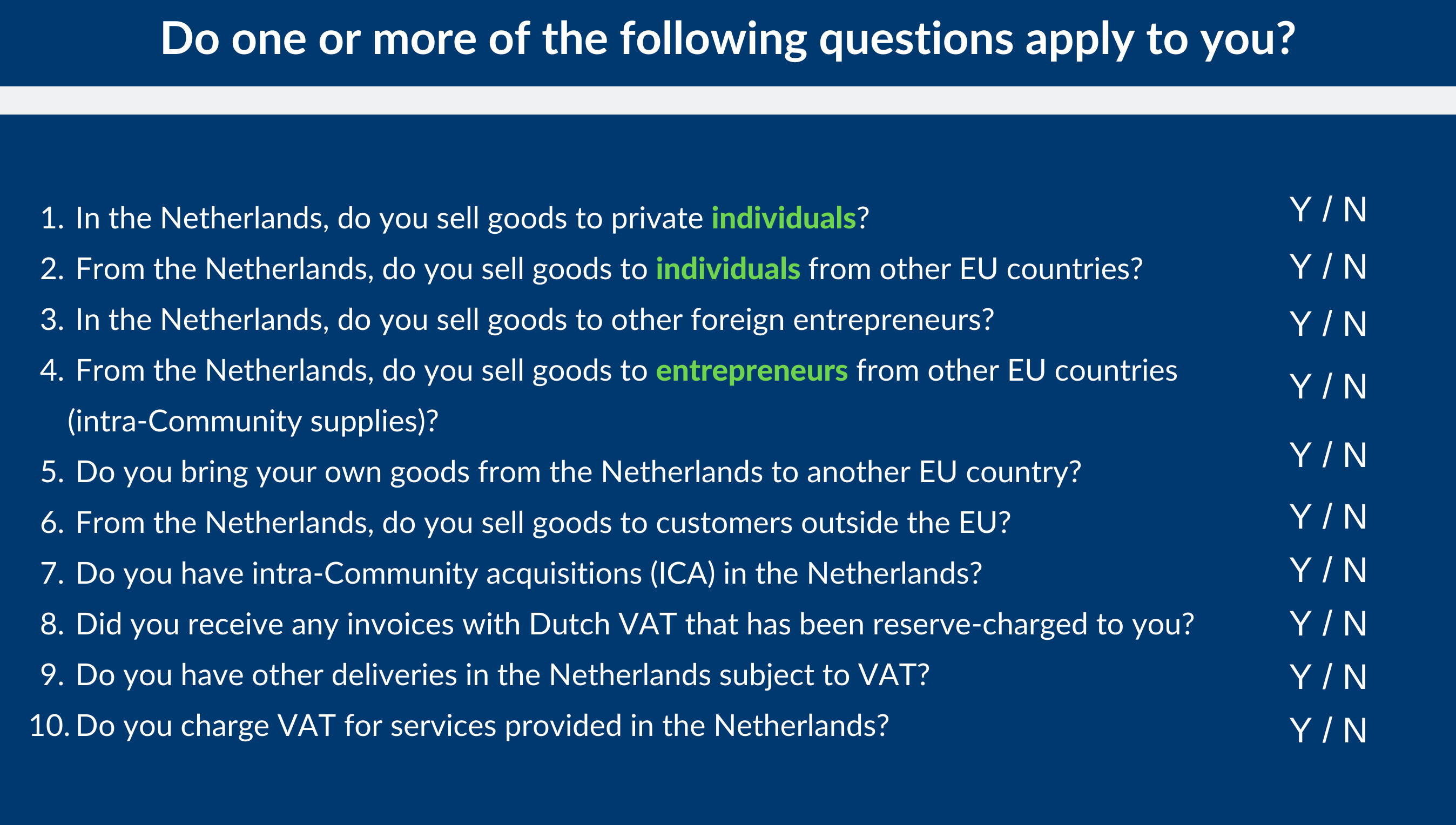Online retailers based outside of the European Union (EU) have an extra incentive to scrutinize new rules that will take effect next year: They may no longer need to register for VAT.
These rules, scheduled to take effect Jan. 1, 2021, are designed to establish a level playing field, but they will also create new compliance obligations for some companies while creating additional uncertainty for others. Whether—and how—these rules apply will in many cases depend on a company’s business and/or distribution models, as well as structure (e.g., the number of legal entities it has).
The Marketplace Facilitator Role in VAT Compliance
According to the EU’s new VAT rules for e-commerce, a taxable person facilitating:
- distance sales of imported goods not exceeding EUR 150; or
- supplies of goods within the EU by taxable persons not established within the EU,
shall be deemed to have received and supplied those goods. So, instead of a direct sale conducted by the online retailer, the marketplace facilitator becomes a party in the transaction for VAT compliance purposes.
VAT Registration for Online Vendors
Vendors selling through online marketplaces may want to use a pan-European fulfillment network to ensure timely delivery to their end customers. When applying the current VAT rules to such a model, an online vendor should register for VAT in every country where stock is located.
Because the forthcoming 2021 rules call for taxable domestic sales to final consumers be replaced by deemed VAT exempt supplies to the marketplace facilitator, online retailers will need to re-assess if foreign VAT registrations are still required or even possible. The issue here is that some EU countries do not allow for a VAT registration in case there is no taxable output.
Registration of Non-Resident Entrepreneurs Questionnaire
Analyzing Your Responses to the Questionnaire
If any of the above questions are confirmed, a VAT registration is needed. All questions are designed to determine if VAT (even 0%) should be reported.
However, if a non-EU vendor sells through a marketplace and does not transfer goods to fulfillment centers in other EU countries, that vendor may potentially disqualify for a VAT registration.
It’s logical to think that question #3 should be answered affirmatively for some non-domestic marketplace facilitators that only hold a local VAT registration. Under the standard VAT rules, the deemed supply by the vendor to the marketplace facilitator would indeed be subject to local VAT, resulting in an affirmative answer. However, the new e-commerce rules also dictate this supply to be exempt. As a result, no VAT is due on this transaction, and the question should therefore be answered as “no.”
The impact of having no VAT registration is that import VAT and VAT on locally sourced products and services can no longer be offset against VAT on sales and the vendor needs to apply for a separate refund. But here’s the tricky thing: this type of refund request will only be granted to non-EU retailers if there is a reciprocal treatment for the recovery of VAT with the retailer’s country of establishment.
Disclaimer
Bitte denken Sie daran, dass der Vertex-Blog Informationen zu Bildungszwecken enthält, keine spezifische Steuer- oder Rechtsberatung. Wenden Sie sich immer einen qualifizierten Steuer- oder Rechtsberater, bevor Sie Maßnahmen basierend auf diesen Informationen ergreifen. Die im Vertex-Blog geäußerten Ansichten und Meinungen sind die der Autoren und spiegeln nicht notwendigerweise die offizielle Richtlinie, Position oder Meinung von Vertex Inc. wider.



